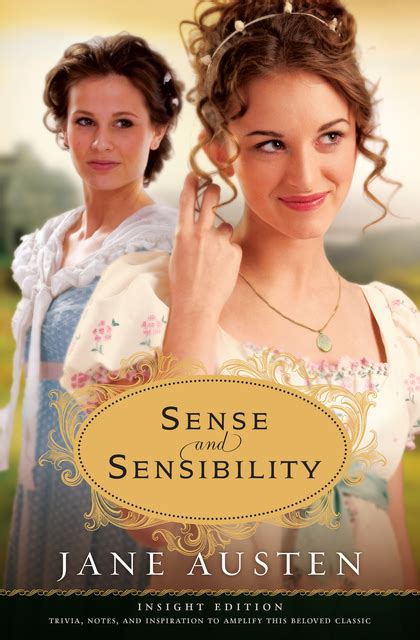|
home | what's new | other sites | contact | about |
||
|
Word Gems exploring self-realization, sacred personhood, and full humanity
Sensibility
Editor's 1-Minute Essay: Sensibility
Henry James: “Experience is never limited, and it is never complete; it is an immense sensibility, a kind of huge spider-web of the finest silken threads suspended in the chamber of consciousness, and catching every air-borne particle in its tissue.” Zadie Smith: “When a human being becomes a set of data on a website like Facebook, he or she is reduced. Everything shrinks. Individual character. Friendships. Language. Sensibility.” William Tecumseh Sherman: “Courage - a perfect sensibility of the measure of danger, and a mental willingness to endure it.”
Bret Easton Ellis: “Regardless of the business aspect of things, is there a reason that there isn't a female Hitchcock or a female Scorsese or a female Spielberg? I don't know. I think it's a medium that really is built for the male gaze and for a male sensibility.” Herbert Read: “Art is pattern, informed by sensibility.” Joseph Conrad: “In order to move others deeply we must deliberately allow ourselves to be carried away beyond the bounds of our normal sensibility.” Andy Garcia: “Children make you a better everything. Daughters open up a whole different sensibility to you. When you have children, it focuses you on them as opposed to on yourself.” Margaret Sanger: “The submission of her body without love or desire is degrading to the woman's finer sensibility, all the marriage certificates on earth to the contrary notwithstanding.” Álvaro de Campos: “He possesses the minimum sensibility necessary for his intelligence not to be merely mathematical, the minimum a human being needs so that it can be proven with a thermometer that he's not dead.”
|
||
|
|

